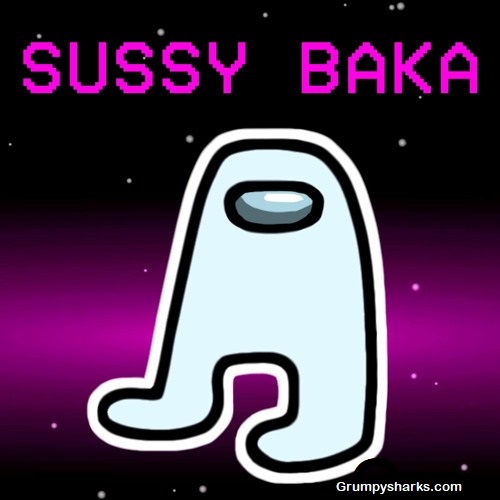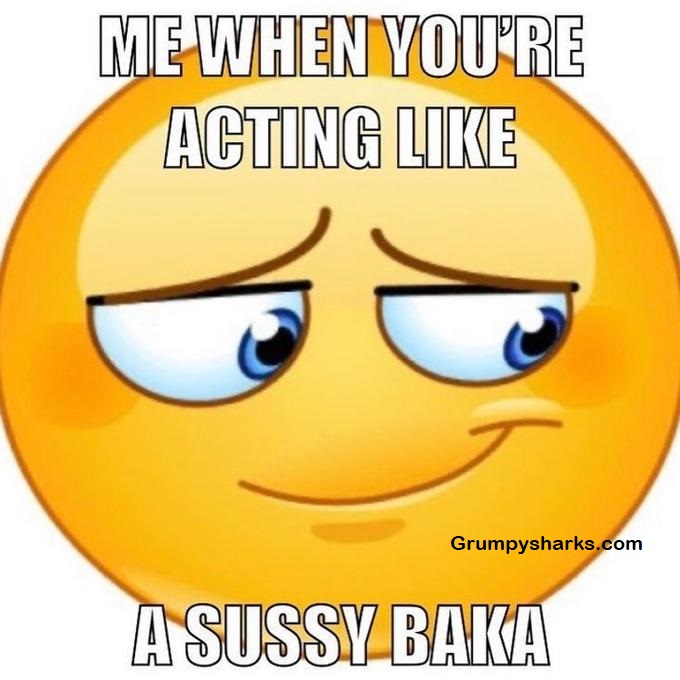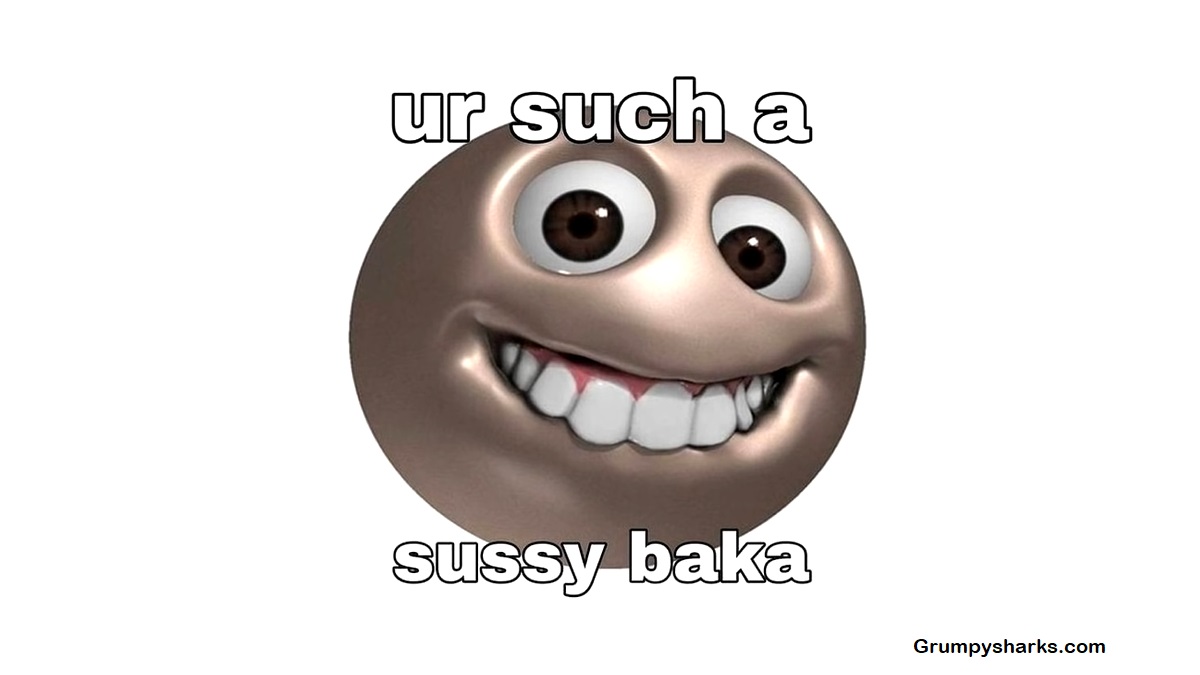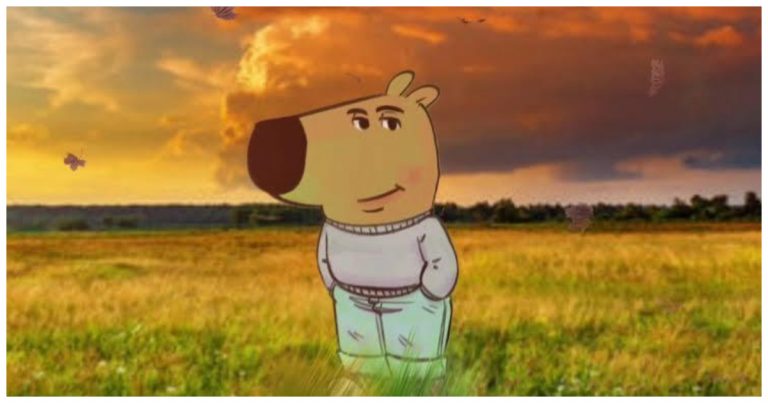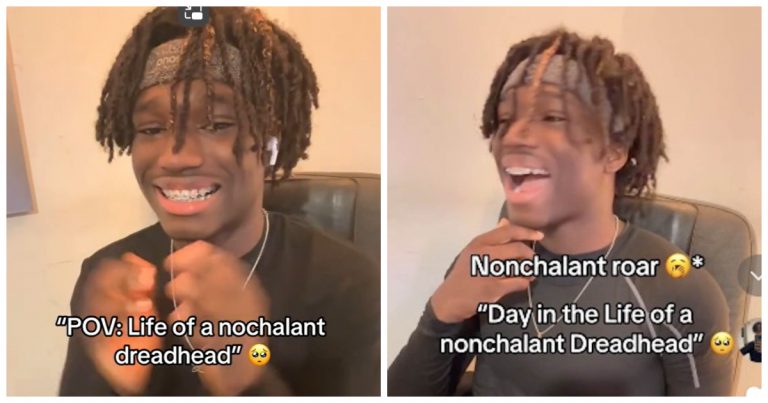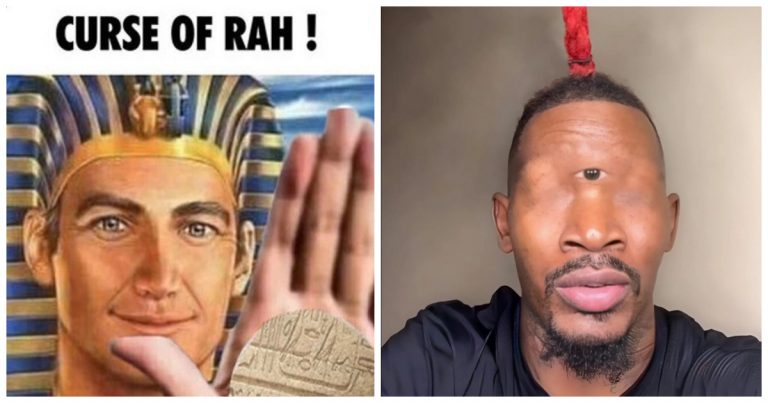What Is the Sussy Baka Meme? Meaning, Origin, and Trippi Troppi Explained
Sussy Baka Meme: Few internet phrases have confused and amused the world quite like “Sussy Baka.” At first glance, it sounds like pure nonsense—just another chaotic Gen Z catchphrase. But beneath the silliness lies a meme that perfectly captures the fusion of anime slang, gamer culture, and ironic humor. If you’ve ever scrolled through TikTok or heard someone say “You’re acting like a Sussy Baka,” and had no idea what it meant, you’re not alone.
Let’s break down what it means, where it started, and why this bizarre phrase exploded across the internet.
#1 What Does Sussy Baka Meme Mean?
“Sussy Baka” is a viral internet phrase that combines two slang terms:
-
“Sussy” – a shortened form of “suspicious”, made popular by the game Among Us, where players often say “You’re acting kinda sussy” to accuse someone of being the impostor.
-
“Baka” – a Japanese word meaning “fool” or “idiot”, widely used in anime and anime-related memes.
Together, “Sussy Baka” roughly means “suspicious idiot”, but it’s usually used ironically or playfully online. It’s not meant to be a serious insult—instead, it’s said in an exaggerated or overly dramatic tone, often in memes, TikToks, or parody videos to mock weird behavior or just be ridiculous.
The phrase exploded in popularity in early 2021, especially among Gen Z audiences on TikTok, where creators used robotic voices and over-the-top captions to turn it into a kind of cringe-comedy catchphrase.
#2 What Is The Origin Of Sussy Baka Meme?
The “Sussy Baka” meme began with a 2021 TikTok video by creator Amanu, whose exaggerated delivery of “You’re such a Sussy Baka!” quickly caught fire across meme communities.
The phrase merged the popular Among Us slang “sus” with the anime word “baka,” meaning fool—making it the perfect storm of gaming culture, internet irony, and cross-language humor. Amanu’s tone, expression, and surreal voiceover turned a simple sentence into meme gold.
This catchphrase took off because it hit all the right cultural notes. Among Us had already made “sus” a viral word, embedding it into internet vocabulary. Meanwhile, “baka” was familiar to anime fans and easily recognizable even to casual viewers. What sealed the deal was TikTok’s love for absurdist, over-the-top content—especially when paired with remixable audio and short video formats.
Researchers from UC Berkeley and University of Edinburgh have noted how Gen Z humor thrives on chaos, randomness, and exaggerated delivery—exactly the elements that gave “Sussy Baka” its meme magic.
#3 Why Did the Sussy Baka Meme Go Viral?
The viral rise of the Sussy Baka meme came from a mix of Among Us culture, TikTok trends, and absurd humor. The phrase itself—“Sussy” (short for suspicious) and “Baka” (Japanese for fool)—captures the kind of playful accusation common in online gaming. It first gained traction in the Among Us community, where players used “sus” to call out deceptive behavior.
TikTok quickly amplified the phrase, turning it into short-form comedy that resonated with Gen Z’s love of randomness. Many creators embraced “Sussy Baka” as a punchline, exaggerated voiceovers and surreal edits helping it spread across platforms.
Media studies from USC and NYU suggest this type of meme thrives when it blends irony with recognizable cultural references. At its core, “Sussy Baka” is a reflection of how internet humor has evolved—favoring absurd phrases that make no real sense but feel instantly memeable.
#5 How Has the Sussy Baka Meme Impacted Internet Culture?
The Sussy Baka meme left its mark on digital culture by changing how young people express humor, identity, and irony online. It became more than just a funny phrase—it evolved into a playful symbol of internet-savvy communication. From TikTok comments to Discord chats, teens and young adults used “Sussy Baka” to show sarcasm, group belonging, or just to join in on the joke.
Part of the meme’s cultural power lies in its language. It fuses “sus” from gaming slang with “baka,” a Japanese insult known among anime fans. This mix shows how meme culture lets people borrow from different languages, not for their literal meaning, but for comic effect. Experts note that this kind of playful cross-language use has become common in Gen Z speech.
On top of that, “Sussy Baka” fits perfectly into today’s ironic meme formats—where the goal isn’t to make sense, but to be so ridiculous it’s funny. It reflects a shift from traditional punchlines to layered absurdity, making internet users feel like part of a shared, post-ironic inside joke.
# 6 Conclusion
In the end, Sussy Bakabe meme came much more than a joke. It’s a meme that captured the weird, clever, and hyper-connected nature of Gen Z’s online world. From slang-filled TikToks to global meme remixes, this odd little phrase reflects how humor, identity, and culture now evolve through internet spaces. It’s playful, it’s ironic, and it’s deeply social.
People keep using “Sussy Baka” because it taps into three powerful forces: Gen Z slang that signals belonging, a mix of cultures that reflects global meme trends, and a way to build identity through online humor. Whether it’s a TikTok soundbite, a Discord username, or just a joke between friends, “Sussy Baka” shows how language is constantly reshaped online—not just for laughs, but for connection.

